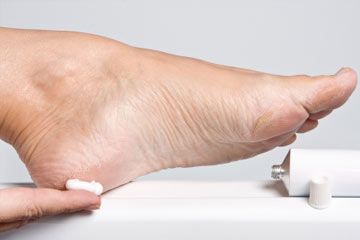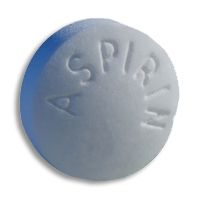Hear the word "acid" and you may think of a corrosive substance burning a hole through a desk in high-school chemistry class. But the truth is that acids aren't always dangerous and destructive; in fact, some -- like salicylic acid -- can be quite beneficial to our skin health when used in products like face washes and acne creams.
According to the Environmental Working Group, there are more than 100 facial cleansers on the market that contain salicylic acid, a plant compound related to aspirin. (It's also a popular ingredient in acne treatments, shampoos and conditioners, and moisturizers.) Salicylic acid has anti-inflammatory properties, and can help open clogged pores and clear up redness and swelling associated with acne.
Advertisement
"Someone who has a problem with clogged pores or acne can look for a face wash with salicylic acid in it," says Cheryl Karcher, MD, a dermatologist in New York City. But, she cautions, it may not be as effective as other treatments might be. "Face wash is not on your skin for very long," she explains. "You would do yourself a bigger favor if you found a cream or lotion or gel with salicylic acid, that you're going to apply after you wash your face and that will stay there for a while."
Salicylic acid also softens and loosens thick, dry skin so that it falls off more easily and newer, healthier skin underneath can flourish. Because of this, products containing salicylic acid are also sometimes used to treat other conditions, like dermatitis, psoriasis, dandruff, or calluses and warts on the hands and feet. "It's an old favorite of mine," says David McDaniel, MD, assistant professor of clinical dermatology at Eastern Virginia Medical School in Virginia Beach. "It's an exfoliant, but a lot of people do not know that it has some nice anti-inflammatory properties, as well."
The concentration of salicylic acid used in most over-the-counter skin-care products is very gentle, although it can still be drying and irritating for some people -- especially for the first week or two, as the skin adjusts to the treatment. To reduce your chances of experiencing these side effects, use salicylic acid products only as directed (don't wash your face more than twice a day, for example), and make sure you're not doubling up on multiple products (like a face wash and an acne cream) that both contain the ingredient. If this does not help, your doctor may suggest that you use salicylic acid products less frequently, or pair them with more gentle treatments.
Advertisement



